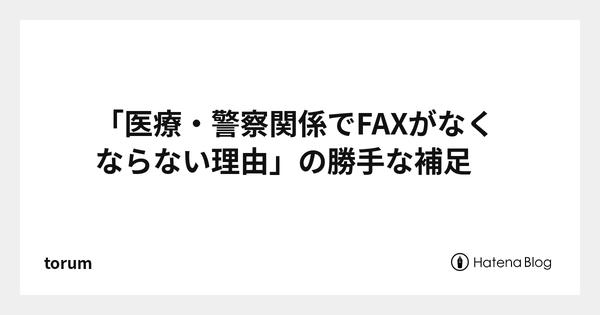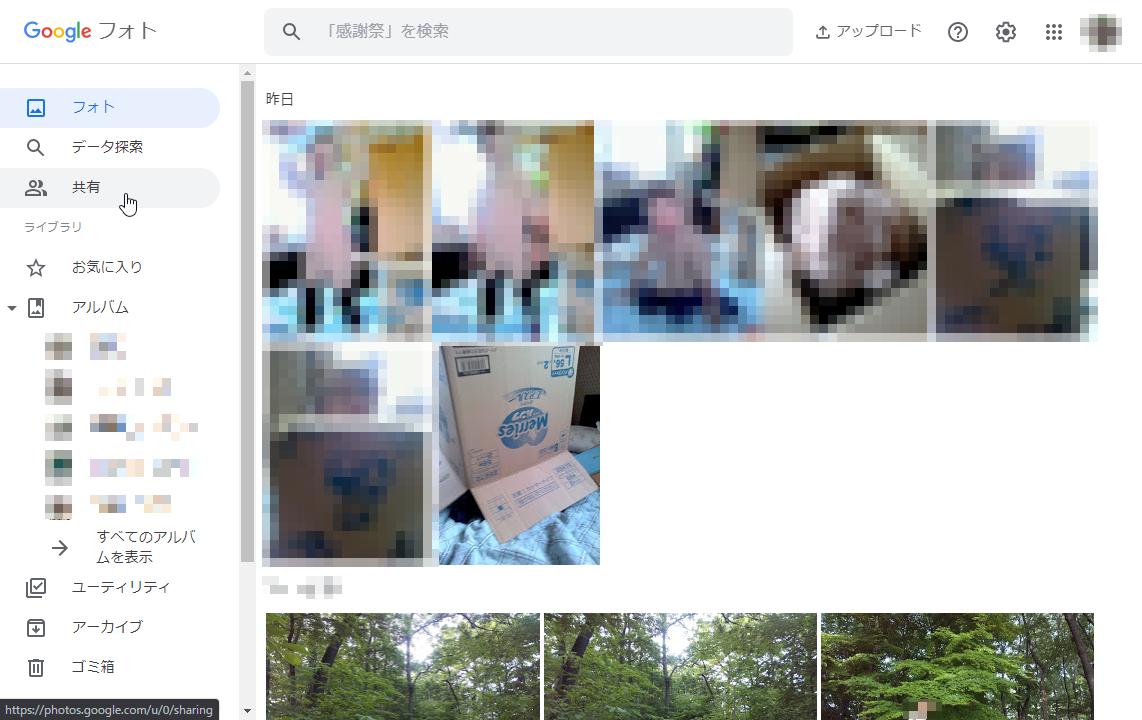There is a reason for the fact that faxes do not go away in medical and police, security defects brought by FAX abolition
It was at the meeting on June 15 that the Minister of Administrative Kono and the Regulatory Reforms showed a policy of abolishing faxes by ministries and other ministries by the end of June.
However, a month later, it became clear that the government abandoned its removal policy.According to the Hokkaido Shimbun report, "Mr. Kono had called for Fax as one of the factors that hinder telework at the end of June, and called for an email to switch to e -mail," but "Cabinet Secretariat Administrative Reform Promotion Headquarters Office."According to the bureau, about 400 arguments were argued from each ministry and agency. "And I decided to give up.
In short, the abolition of the fax was not fully investigated and analyzed in various situations, and it was a "close -up departure".
Some complaints from each ministry and agencies have said that faxes are essential from police, for example, to handle "highly confidential information".In fact, in Japan, there are some industries that are difficult to stop faxes depending on the job, no matter how much the minister shouts about abolition.From a security point of view, it is unlikely to abolish faxes.
In that case, the examples are medical sites and police.Of course, exchanges with ministries under the jurisdiction are also being conducted.So I would like to see why fax is indispensable from the voice of medical care and police.
First, medical relations.According to doctors in Tokyo, faxes are used on a daily basis and cannot be abolished in hospitals.The PCs and devices used in business are basically created so that they do not connect to the Internet, etc., and "because of security issues, there is a risk that personal information will be leaked."Therefore, it is not possible to send documents by e -mail, and it is natural to send it by fax.
The results of the new colona test results and the test information of other patients also have the meaning of sending them by fax and keeping them as a record so that there is no problem such as "received or not received".It is said that such information is also involved in the patient's lives and may compete in a moment, so there is no room for confirming whether e -mail has arrived.It is not allowed to be in the "spam mail" and could not be confirmed.
■ FAX abolition is medical collapse?
Every day, at the medical field where patients are being treated at this moment, if the mechanism that has become commonplace is abolished and immediately shifts to emails, it is "medical treatment"."Collapse" may occur.Continuing the functional fax is a reasonable choice, as such a risk cannot be neglected.
However, you may have seen readers using iPads and digital devices at the hospital.However, such devices are basically not connected to the Internet."Medical sites are quite digitized, but we are using intranet that is networked only inside. At university hospitals, we have recently talked about sharing medical records with local clinics and the like.However, there are still many issues to realize due to security issues. "
In fact, the patient's information is quite digitized.The information sent by fax is both the sender and the receiving side on the computer.However, this troublesome work is actually effective for cyber attack measures.
In recent years, attacks by ransomware (ransom -type virus) have been increasing worldwide.Attackers infect a computer or other computer with malware, encrypt the system without permission.The message is displayed, and "If you want to solve the encryption, you can pay the bitcoin."
In May 2017, 80 medical institutions, including NHS (National Medical Services) hospitals in the United Kingdom, were infected with ransomware, and patients could not be seen, and surgery could not be performed.In Germany and the United States, cyber attacks have occurred in medical institutions.These attacks basically occur because they were connected to the outside by Internet or email.
Connecting a network that handles medical data is a risk of leakage.If so, there may be basics that it is basically safer to interact with faxes.
■ Police who cannot let go of fax

How about the police?Police deal with the documents of the case and investigative information that should not be revealed.According to police officials in the Kanto area, police say that "it is not possible to interact with the outside and e -mail in the first place."What this means is that there is an email system within the police that can be transmitted and received, but you cannot send or receive emails outside.The reason is that it is troublesome if the data to be handled leaks.Therefore, fax is used as a more secure measure.
This "countermeasures" can be said to be correct.In a cyber attack that steals information or sabotage, more than 90 % of the attacks are cyber attacks by e -mail.Malware (malicious and illegal program) is embedded in the file attached to the email, and it becomes infected when the receiving side executes it, or when clicked on the link written in the email, it becomes infected with malware.Attack.
Police make it impossible to contact the outside by email so that they do not suffer such damage.The idea is the same as a medical organization that is not connected to the external network.
And because the medical and police sites are directly connected to the central government and agencies, the ministries and agencies will naturally use faxes.Furthermore, because faxes are often used in banks, the related ministries and agencies are suddenly abolished.
That's why 400 complaints have been reached in the central government to abolish the fax by Minister Kono.There will be areas with similar situations other than medical care and police.
If you still use faxes, it seems to be modern, but not.It is said that faxes are still used overseas in the United States, the United Kingdom, France, Germany, etc., and about 43 million units are still used around the world.
As we have seen so far, from the viewpoint of cyber security that prevents information leakage, using faxes is an effective measure in a sense.
■ Be strictly prohibited in USB
If the internal system is connected to the Internet, even if you think normally, it will increase the risk of accepting cyber attacks from the outside.Conversely, if you physically pull out the Internet cable, you will hardly get a cyber attack.This is called the "air gap" in the world of cyber security (refers to "space" between the Internet and the internal system).
Of course, this air gap may also be more skilled in skilled hackers and national cyber units.In 2009, the factory was destroyed by cyber attacks, despite the unrelated air gap in the Natans fuel facility in Iranian Natans in Iran.
However, this was an attack by government -related hackers (the United States and Israel in this case) with one of the world's leading human resources and enormous budgets.Moreover, with cyber attacks and spy work (called Humint, in this case, the Netherlands cooperated with the United States and Israel), spy cooperatives inserted a USB drive with malware into the internal system.For this reason, malware could be infected with a system that was not connected to the Internet.
Despite these cases, basically, if you create an air gap and prohibit the use of USB, etc., it will be a considerable measure.It would be a good idea to use fax instead.According to the doctor mentioned above, "In my hospital, it was strictly prohibited to insert USB into a PC on the internal network that was not connected to the outside.He said, "If you insert the USB, the system will not work, so be careful."
Needless to say, faxes are also expensive to transmit, and paper is also costly.The more you have, the more it will be bulky, and it will take time to discharge one piece you received.Nevertheless, there is a reason why faxes are still being used in Japan.Of course, e -mail is less bulky without paper, but considering that security software is necessary, the cost may be more expensive than fax.
Anyway, it is certain that it is not at least "abolished" at least at the top down from the minister.








